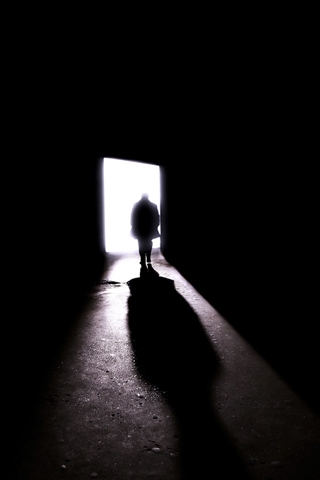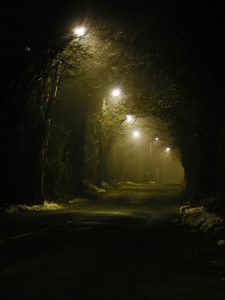 I didn’t intend to walk away from religion when I retired from pastoral ministry, but it is sort of happening.
I didn’t intend to walk away from religion when I retired from pastoral ministry, but it is sort of happening.
After decades of writing sermons (and posting most of them in manuscript form on my blog), I thought I would keep up the discipline of reading each week’s Lectionary texts and writing a brief meditation as if I were preaching. “If I were preaching,” I would write . . . and then follow it with some personal reflection on a verse or two from the readings. I’m not a theologian (any more than in the sense that we are all theologians) nor any sort of bible scholar; I’m just a guy who occasionally has some minor insight into the meaning, or at least the application, of Holy Scripture. So I thought this would be an exercise that would keep my faith focused and maybe be of some help to preachers.
 If I were preaching this coming Sunday (which I’m not … but if I were …), I’d look at darkness. Strange choice, perhaps, for the Sunday after Christmas Day, but the Episcopal Church lectionary always specifies the prologue of John’s Gospel as the gospel lesson for this Sunday and it includes that verse: “The light shines in the darkness, and the darkness did not overcome it.”
If I were preaching this coming Sunday (which I’m not … but if I were …), I’d look at darkness. Strange choice, perhaps, for the Sunday after Christmas Day, but the Episcopal Church lectionary always specifies the prologue of John’s Gospel as the gospel lesson for this Sunday and it includes that verse: “The light shines in the darkness, and the darkness did not overcome it.” Christology is one of those odd words of the Christian tradition that one doesn’t hear much in church but which one hears a lot in academic circles. Christology is defined as “the field of study within Christian theology which is primarily concerned with the ontology and person of Jesus as recorded in the canonical Gospels and the epistles of the New Testament.”
Christology is one of those odd words of the Christian tradition that one doesn’t hear much in church but which one hears a lot in academic circles. Christology is defined as “the field of study within Christian theology which is primarily concerned with the ontology and person of Jesus as recorded in the canonical Gospels and the epistles of the New Testament.”

